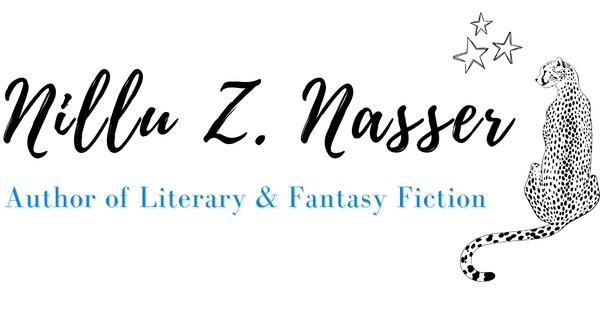 Photo by Silvia Sala
Photo by Silvia Sala
I know the answer to this question, and if you are like me, you will be jumping up and down saying: everything! Everything is fair game in art. It is the role of the writer to imagine new worlds, entertain, explore themes, and ultimately to hold up a mirror of truth. It is why the pen is such a powerful symbol of freedom. A fiction writer is free to explore the subject matter of interest to him, within the boundaries of the genre s/he is writing in. Or hell, invent a new genre. Just look at how recently New Adult came about.
I am weeks away from finishing the first draft of my novel – woohoo! – and am beginning to feel a frisson of nerves about what conclusions those closest to me will draw when they read it. Creativity is in many ways a mystical process. Sure, there are logical parts to writing a book. But essentially a story is the result of a myriad of choices your mind makes when it delves into its own cauldron of ideas, experience and knowledge. Two writers can have the exact same starting point, but will never end up with the same finished story, because we all interpret information and express ourselves differently. Each of us have our own convictions, our own fingerprint.
Sometimes, the inspiration for stories will be our own lives. Writing is, after all, therapeutic. Besides, there’s that old adage: write what you know (though for me, I’d prefer to interpret that in a non-limiting way. Research and compassion go a long way.) Damon Albarn lamented once that pop stars today sing only about themselves, producing album after album of auto-biographical tracks. Is it narcissistic to believe that our experiences and the way we relate them warrant attention? I’d prefer to think of it as courageous. Besides, it’s insulting to assume that creatives only draw on their personal lives. The truth is, ideas are everywhere.
New tales stumble across our paths every day. We hear these stories over coffee, on our commute, at dinner, on Facebook, at parties and in bed. We constantly share our life experiences with each other. It’s how we keep loneliness at bay, how we make sense of the world. Then there are the stories we perceive, but do not know, betrayed by how a couple are touching each other in the supermarket, or how a little girl is crying into her dog’s fur in the park. Our imaginations take a leap as we try to fathom what has transpired, running at tangents to the truth.

Photo by David Melchor Diaz
As writers, understanding our environment and what makes people tick is key to our craft. Increased observational powers mean improving our intuition, empathy and creativity. Holding onto emotion triggered by both our own experiences and that of others fuels our writing. What would you notice if you stopped to really look? Would you notice the little boy who always plays alone in the school playground? Would you see behind the smiles of the heavily made up woman at the checkout? How about the graffiti on the political billboards in the dead beat area you drive through? Would you notice the subtle changes of power in the boardroom, revealed not only by who gets the most airtime, but by how much eye contact each person receives? It is our job to ferret for untold stories, to come up with awesome combinations of themes, premises and characters that sparkle with originality, to give voice to those at the margins.
Are we free to mine the stories around us for our craft, or is this a kind of betrayal? Far from prying, I’d argue that these experiences we absorb allow us to increase our understanding of the world, and reflect truth better on the page. Our words, inspired by reality, soon morph, moulded by the needs of the story and the relationships between the cast of characters. Mostly, the writing process and mask of fiction makes the original thought unrecognisable. Still, there will always be those who prod the seams of your words in an attempt to discover what led you to write them. How do you explain to a reader who knows you not only professionally, but personally, that they may or may not be fodder for your work? That you can still keep their confidences but that invariably every interaction takes seed and influences the way you perceive the world?
For me, as ever, there is only one answer. Write bravely, dear ones. Do not be afraid to tackle tough or taboo subject matter. Do it with sensitivity and as only you know how. Your readers are waiting.
